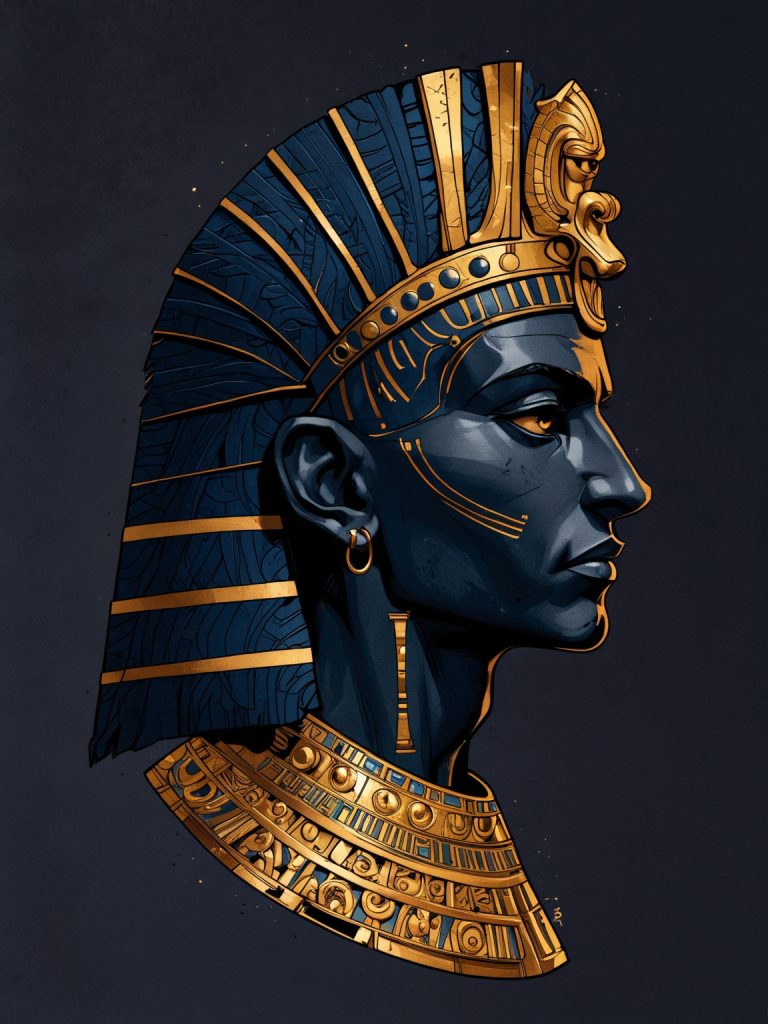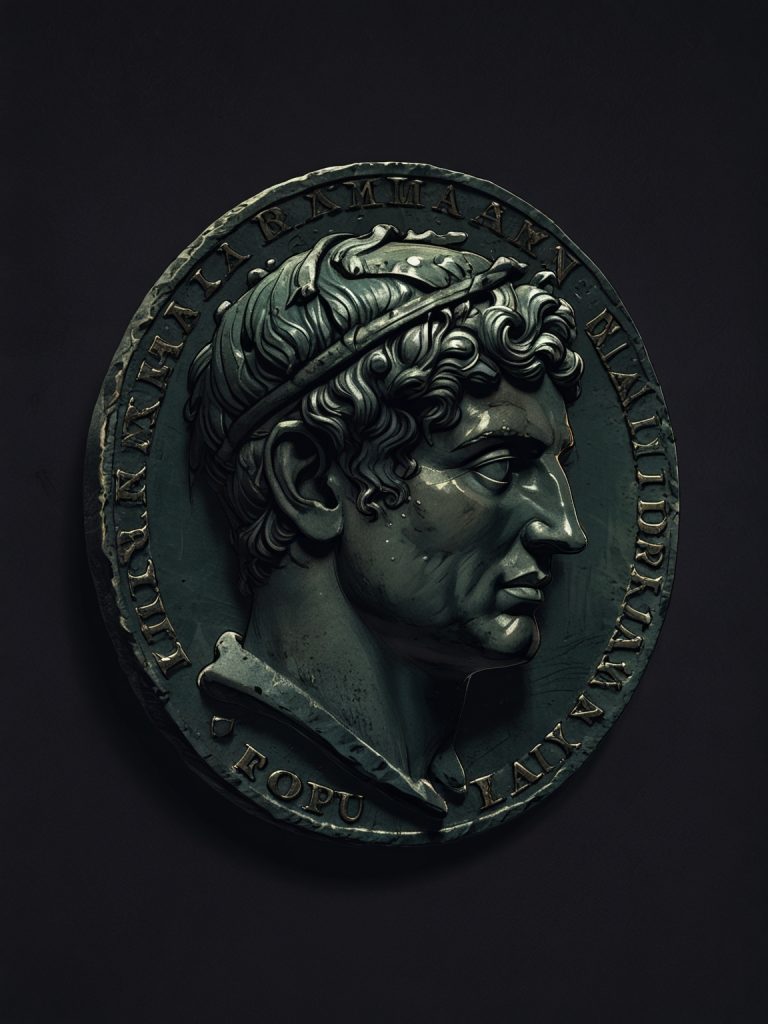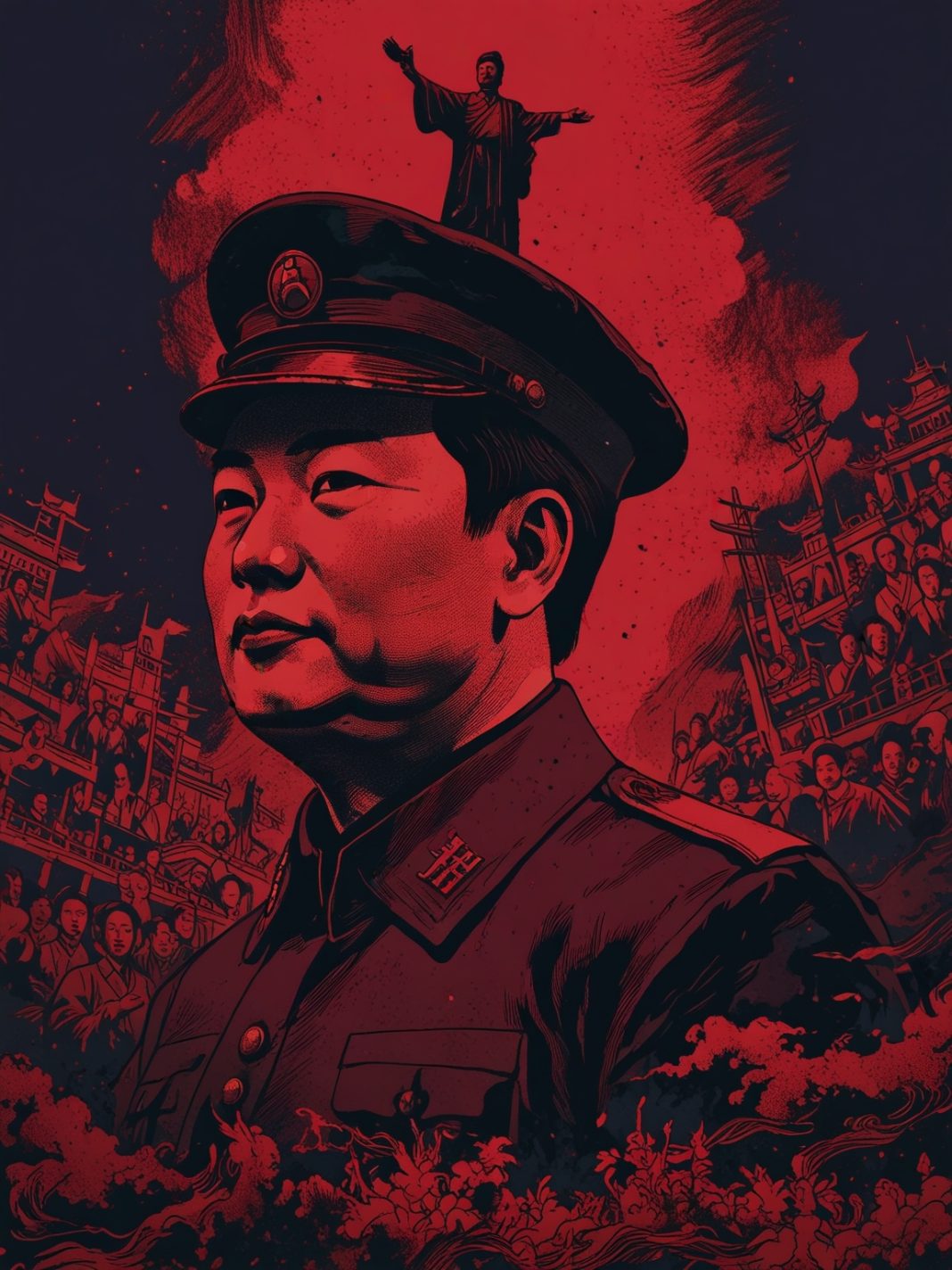Have you ever wondered why the Romans, who appeared to have a god for every occasion, never revered their emperors as living deities? It’s a story of power, politics, and contradictions that will make you reconsider the nature of god and authority. Consider a universe where the border between mortal and divine is as thin as a toga, but the Romans, with all their gods and goddesses, established a clear line when it came to their rulers. Was it a question of principle, or just another smart ploy in the great game of thrones? Dive into this intriguing paradox to see how the ancient Romans struck a balance between devotion and rebellion while keeping their emperors on the mortal side of the divine divide. Prepare to be. enlightened, amused, and perhaps a bit perplexed as we unravel the mystery of why Roman emperors were never worshipped as living gods.
TL;DR
- Romans avoided worshipping living emperors as gods due to their historical disdain for kings.
- Dead emperors were frequently deified and worshipped in the imperial cult.
- Augustus skillfully transformed the Republic into an Empire while maintaining the facade of Republican democracy.
- The early emperors used the title “princeps” to avoid appearing as kings or gods.
- The shift from the principate to the dominate marked a change in how emperors were perceived and worshipped.

The Roman Loophole Extravaganza
First and foremost, the Romans excelled at creating loopholes. They had a penchant for avoiding worshipping their emperors as true gods. But why? What was their objection to the notion of a living god-emperor? What did they think of those who worshipped their emperors, such as the Egyptians? Spoiler alert: They probably believed they were a little misguided.
Dead Emperors: The Real Deal
Interestingly, the Romans had no problem worshipping dead emperors as gods. From the very beginning of the empire, the imperial cult was a real thing, complete with temples and priests. Whether a dead emperor was consecrated into the imperial cult largely depended on his successor and the Senate’s attitude. So, dead emperors got the divine treatment, but living ones? Not so much.
The Kingly Disdain
To understand this, you need to remember the Romans’ historical disdain for kings. Rome started as a kingdom with seven mythical kings before becoming a Republic. The story of overthrowing the last king and establishing a Republic explains their views on kingship. They even had a law that allowed anyone to kill a man who declared himself king on the spot. So, if they hated kings, you can imagine how they felt about treating a ruler as a living god.

The Emperor’s Clever Disguise
But wait, if the Romans hated kings, how did they accept an emperor? Well, part of the answer lies in tough times making people more flexible with their principles. The other part is Augustus’ skillful transformation from Republic to Empire. He didn’t just declare himself emperor one day. Instead, he worked within existing political institutions, absorbing the power of democratic offices. Emperors were repeatedly “elected” consul and took the power of the tribune of the plebs in perpetuity. They amassed power while maintaining the facade of Republican democracy. The early emperors used the title “princeps,” meaning “first citizen,” to pretend the Republic’s institutions were still intact. So, they weren’t trying to appear as kings, let alone living gods. This era is known as the “principate.”
The Shift to the Dominate
Things changed after the third-century crisis and the rise of barracks emperors. These soldier emperors dismantled the facade of the emperor as merely princeps. Their power came from might and the loyalty of the biggest army. Diocletian’s reforms cemented the distance between ruler and ruled, with emperors referred to as “Lord” and subjects bowing before them in the eastern style. This era is known as the “dominate,” marking a real shift from the principate.
Recent Events Related to Roman Emperor Worship
Here are some recent events that shed light on the historical context of Roman emperor worship and provide insights into the article’s claims:
- Discovery of a Roman Imperial Cult Temple in Italy:
- Event: Researchers unearthed a 1,600-year-old temple dedicated to a Roman emperor’s ancestors beneath a parking lot in Spello, Italy.
- Description: This discovery highlights the continuity between the classical pagan world and the early Christian Roman world. The temple, built during Constantine’s reign, shows the emperor’s simultaneous support for both imperial cult traditions and Christianity1.
- Roman Imperial Cult:
- Event: The Roman imperial cult identified emperors and some family members with the divinely sanctioned authority of the Roman State.
- Description: This framework was based on Roman and Greek precedents and was rapidly established throughout the Empire. The official offer of cultus to a living emperor acknowledged his office and rule as divinely approved and constitutional2.
- Religion in Ancient Rome:
- Event: Augustus, the first Roman emperor, justified one-man rule with a vast program of religious revivalism and reform.
- Description: Public vows formerly made for the Republic’s security were redirected to the emperor’s well-being. This adaptation of state religion supported the new regime of the emperors3.
- The Worship of the Roman Emperors:
- Event: The impulse for deifying Roman emperors came from the East, where rulers like the Pharaohs and Alexander the Great were worshipped as divinities.
- Description: When Rome conquered the East, divine honors were transferred to Roman proconsuls and later to emperors. This practice became a state religion throughout the empire4.
- Emperor Worship:
- Event: The cult of Roman emperors, both living and dead, became the state religion throughout the empire.
- Description: Temples were erected in honor of Julius Caesar soon after his death and to Augustus during his lifetime. This practice originated as a simple act of thankfulness for the peace and stability brought by Rome5.
These events and descriptions provide a deeper understanding of the historical context and significance of Roman emperor worship. They also support the claims made in the article about the complex relationship between Roman emperors and divinity.
1: Smithsonian Magazine 2: Wikipedia – Roman Imperial Cult 3: Wikipedia – Religion in Ancient Rome 4: University of Chicago Press 5: Oxford Reference

Why weren’t Roman emperors worshipped as living gods? Perhaps it’s a testament to the Romans’ unique blend of reverence and rebellion, a delicate dance between power and principle. They revered their leaders, but not to the point of deification while alive. Maybe they understood that true divinity lies not in the titles we bestow upon ourselves, but in the legacy we leave behind. Or perhaps, in their wisdom, they knew that elevating a mortal to godhood could blur the lines of accountability and power.
In the end, the Romans’ refusal to worship living emperors as gods is a reminder that even in a world filled with divine figures, the human spirit remains grounded in reality. It’s a lesson in humility, a nod to the transient nature of power, and a subtle acknowledgment that sometimes, the greatest reverence we can offer is to keep our feet firmly planted on the ground, even as we reach for the stars. So, as you ponder this ancient conundrum, ask yourself: where do we draw the line between reverence and reality, and what does it say about the nature of power and divinity in our own lives?







